- Y.Sh
- Persian Tasty
- 2194 views
- 0 comments
Do you prefer honey or sugar when you brew a cup of hot tea? Although both may add sweetness to your drink, their nutritional benefits vary. Here is a complete breakdown of honey vs. sugar and an answer to whether raw honey is genuinely the healthier option or not.
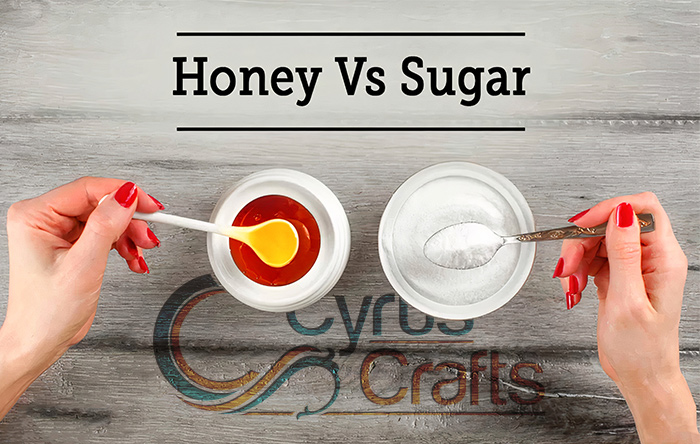
Similarities and Differences Between Raw Honey and Sugar
Honey and sugar are carbohydrates, consisting of two types of sugar: glucose and fructose.
Refined fructose, which is found in sweeteners, is metabolized by the liver and has been associated with:
- Obesity
- Diabetes
- Fatty liver disease
Glucose and fructose are broken down rapidly in the body, causing blood sugar spikes.
The proportions of glucose and fructose in honey and sugar are different:
- Honey contains 40 percent fructose and 30 percent glucose
- Sugar is 50 percent fructose and 50 percent glucose
The remainder of honey consists of:
- water
- pollen
- minerals, including magnesium and potassium
Some of honey's health benefits may be attributed to these additional components.
Honey has a lower glycemic index (GI) than sugar, which causes blood sugar levels to rise more quickly. In addition to being high in fructose, it lacks trace minerals.
Calories of honey vs. sugar can be measured. Honey has slightly more calories than sugar but is sweeter, so less may be needed. Both sweeteners can lead to weight gain if overused.
Cyrus Crafts; Luxury & Unique Products
About Raw Honey
Honey is made from nectar collected from flowers by bees. It can range in color from pale yellow to dark brown and is typically consumed in liquid form.
Honey is composed primarily of water and two sugars: fructose and glucose. It also contains trace amounts of:
- Enzymes
- Amino acids
- B vitamins
- Vitamin C
- Minerals
- Antioxidants
Honey contains many flavonoids, which are antioxidants. The anti-inflammatory properties of flavonoids may provide some health benefits.
Honey's nutritional composition varies depending on its origin. Honey comes in more than 300 varieties, including:
- Alfalfa
- Wildflower
- Tupelo
- Golden blossom
- Eucalyptus
Honey comes in a variety of colors and flavors. Buckwheat honey, for example, has a malty taste and is famous for its dark honey. It has a tea-like flavor and is almost translucent in color.
What honey you prefer doesn't matter; it can spike blood sugar levels.

Raw Honey Benefits
Honey has a lower GI value than sugar, meaning it doesn't raise blood sugar levels as quickly. It's also sweeter than sugar so you may need less of it, but it has slightly more calories per teaspoon, so I always keep a close eye on portion sizes.
According to a 2018 study, honey can contain trace amounts of essential vitamins and minerals, like potassium, calcium, zinc, and vitamins C, B1, B2, B3, B5, and B6.
A 2021 review found that when honey was given for upper respiratory infections, specific symptoms — including cough frequency and severity — improved compared to usual care.
Using honey can also help to heal wounds, burns, and other topical conditions.
Buying Iranian snacks like honey, rice, and nougat is as easy as visiting the Cyruscrafts website.
About Sugar
Sugar comprises glucose and fructose, which bond together to form sucrose. Vitamins and nutrients are not added to it.
Sugar is a calorie-dense carbohydrate found in sugar beets and sugar cane. It requires multistep processing before it becomes the refined, granulated table sugar we often use.
White, brown, and raw sugar are the most common types of sugar.
Contains some trace nutrients. Brown sugar is a combination of white sugar and molasses. Baking is its primary use.
Raw sugar is less refined than white sugar. The crystals are more prominent, and the color is light brown. The nutritional value of raw sugar is the same as white sugar.
Sugars such as powdered, turbinado, and muscovado are also available.

Benefits of Sugar
Sugar is a carbohydrate that can provide fast energy. To function correctly, your brain requires 130 grams of carbohydrates per day. There are about 16 calories in a teaspoon of this naturally occurring substance.
Baking and cooking with white sugar are accessible because it has a long shelf life. The cost and accessibility of sugar are typically low.
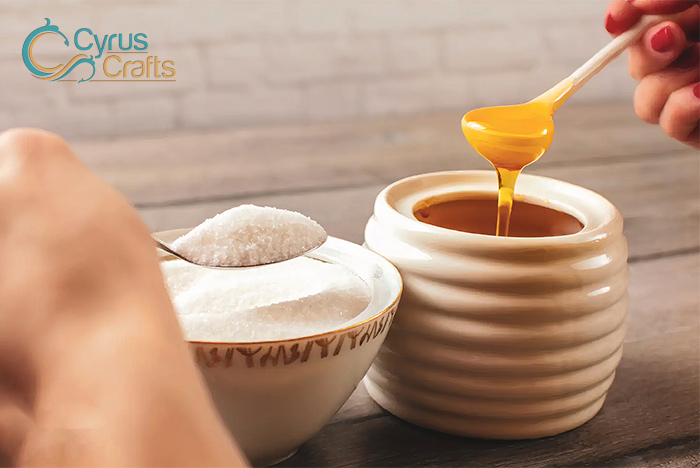
Can Raw Honey Replace Sugar?
Honey has a lower GI value than sugar, meaning it does not raise blood sugar levels as quickly. Since honey is sweeter than sugar, you may need less of it, but it does contain slightly more calories per teaspoon, so be mindful of your portions. For diabetics, or those trying to manage their blood sugar levels, there is no real advantage to substituting sugar for honey, as both will ultimately affect blood sugar levels. It's also worth remembering that, like other syrups, honey is classed as 'free' sugars – the type we are advised to cut back on. If you prefer honey, choose a raw variety that contains more vitamins, enzymes, antioxidants, and nutrients than white sugar, and use it in moderation.








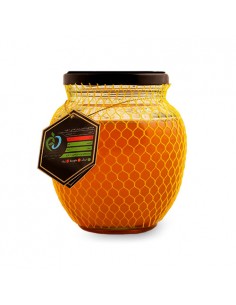

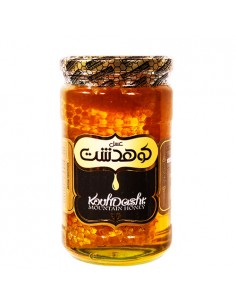

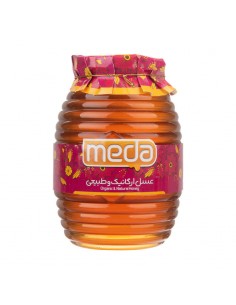

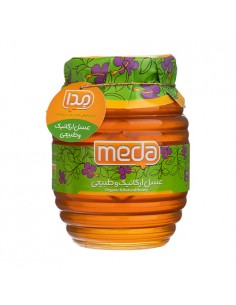

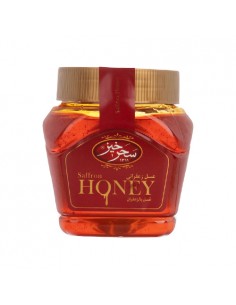

Comments (0)